On the occasion of the 80th anniversary of Vietnam's National Day, Mr. Saadi Salama, Ambassador of Palestine, Head of the Foreign Diplomatic Corps in Hanoi, wrote an article sharing about Vietnam's 80-year journey of building and developing the country, published in the Al Quds Newspaper (Palestine) on September 2. VietnamPlus Online Newspaper would like to respectfully introduce it to readers.
On September 2 this year, Vietnam celebrates the 80th anniversary of President Ho Chi Minh’s reading of the Declaration of Independence. This is not only a historical milestone, but also has profound political and cultural significance, an opportunity to review the journey of a country emerging from the flames of war and devastation, becoming a model of development, integration and balanced diplomacy – an experience that inspires other countries seeking to build a better future.
From war, poverty to the desire for innovation
For nearly four decades, Vietnam was the battlefield of fierce colonial conflicts and wars, leaving deep wounds on the country's body.
From the French colonial resistance to the American war, known to the world as the “Vietnam War,” those decades left behind images of devastation, millions of victims, and a depleted infrastructure. Poverty and food shortages characterized the period, and the economy was eroded by international isolation and sanctions.
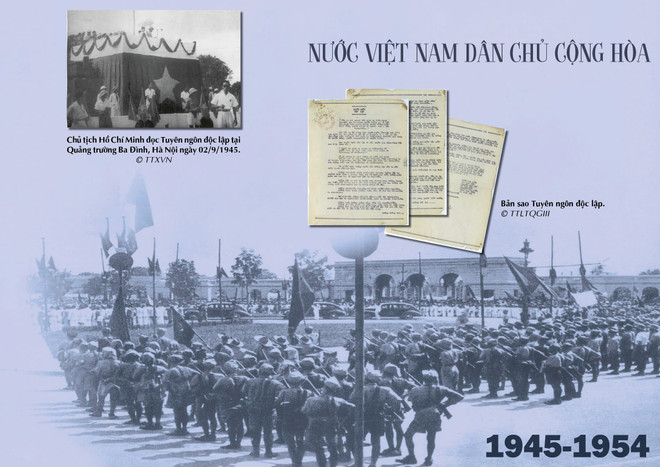
However, Hanoi did not submit, but carried within it the will to resist and the spirit of resilience, helping the country gradually transform from challenge to creation.
The key turning point came in 1986 with the Doi Moi policy, marking a major milestone in the country's history. Vietnam gradually shifted from a centrally planned, subsidized economy to a socialist-oriented market economy, encouraging individual initiative, attracting foreign investment and liberalizing trade.
After just a few years, the results of the reforms were evident: annual growth rates of over 6–7%, strong investment flows, and Vietnam quickly becoming a competitive manufacturing hub in the textile, electronics, and information technology sectors. Today, Vietnam ranks as one of the fastest growing economies in Asia, as well as a top destination for global investors.

Vietnam’s success is not limited to the economy, but is also linked to a comprehensive reform program to strengthen national governance. The government has restructured its apparatus, merged ministries, simplified administrative procedures, and implemented digital transformation programs in public services. At the same time, Vietnam has applied strict policies to prevent corruption and increase transparency – this makes Vietnam a model that many countries are interested in.
At the same time, Hanoi has also given special priority to the education and health sectors. Poverty rates have fallen sharply over the past two decades, and today Vietnam is considered a model of comprehensive development, harmoniously combining economic growth and social equity.
“Bamboo” diplomacy: Flexible and balanced
On the international stage, Vietnam has built a pragmatic and flexible foreign policy, based on the principle of “non-alignment” and diversification of relations. Vietnam maintains traditional relations with China and Russia, while promoting strategic cooperation with the United States, as well as building strong bridges with the European Union, Japan and India.
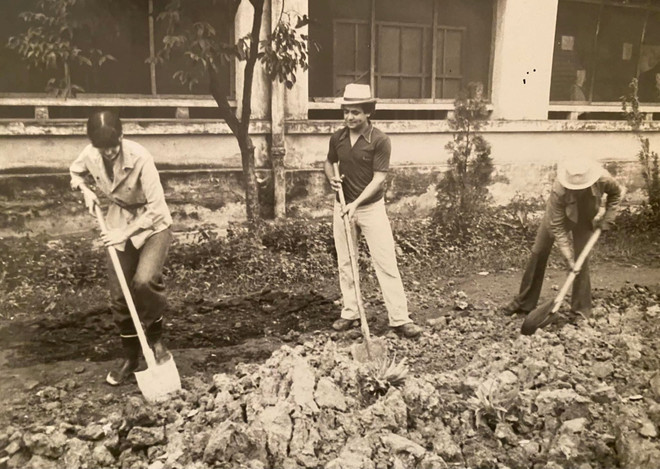
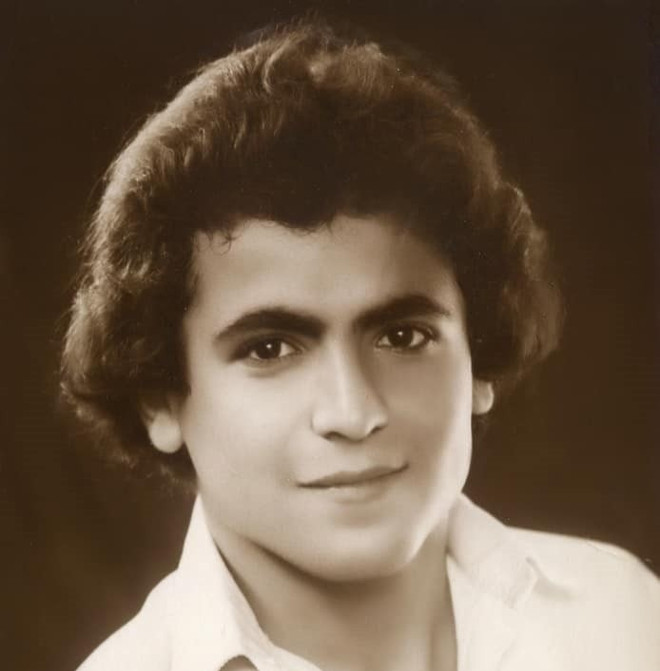
This flexible policy is called “bamboo diplomacy.” Bamboo has both a strong root system and the flexibility to bend with the wind without breaking. Thanks to that, Vietnam has become a balanced partner, receiving the respect of many world powers.
Not only has Vietnam expanded its relations, it has also actively participated in international peacekeeping activities since 2014. Hanoi has sent officers and doctors to conflict areas in Africa such as South Sudan and the Central African Republic. Although the number of participants is not large, this action clearly reflects Vietnam's maturity as a responsible member, making practical contributions to global peace and security.
Solidarity with Palestine: An Everlasting Human Value
In the context of deep international integration, Vietnam has not forgotten its tradition of solidarity with peoples in similar situations, especially the Palestinian people. Since the 1960s, the Vietnamese and Palestinian revolutions have shared support in the struggle against colonialism and occupation.
Vietnam was also one of the first countries to recognize the Palestinian Declaration of Independence in 1988, and to this day remains a loyal friend and steadfast supporter of the Palestinian people’s right to self-determination and the building of an independent state. This humanitarian aspect of Vietnam’s foreign policy reflects the legitimacy of historical experience and the belief that freedom is an indivisible value.
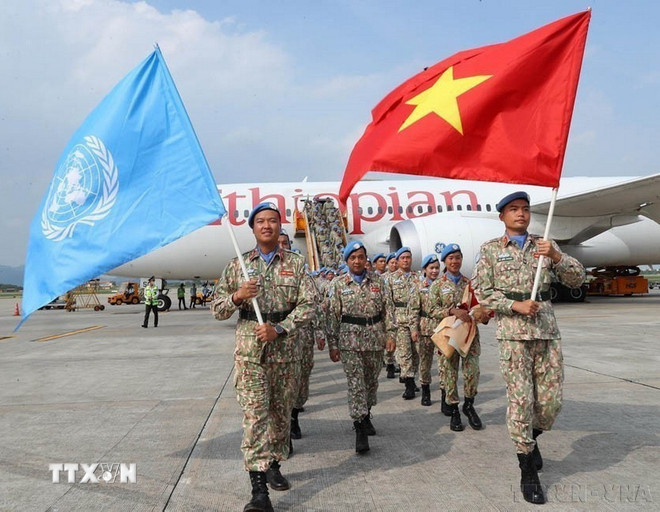
Eighty years after independence, Vietnam is not only an economic success story, but also a living testament to the ability to turn pain into strength, and failure into opportunity. This is an example showing that independence does not stop at reclaiming territory, but also requires a combination of historical memory and future vision.
Eighty years after independence, Vietnam is not only an economic success story, but also a living testament to the ability to turn pain into strength, and failure into opportunity.
Today, Vietnam has become a global symbol of determination, reform and integration, inspiring many countries that: will and practical approach are the path to a prosperous and peaceful future./.
Source: https://www.vietnamplus.vn/viet-nam-tu-tro-tan-chien-tranh-den-hoa-binh-va-phat-trien-post1058221.vnp



![[Photo] Lao President Thongloun Sisoulith and President of the Cambodian People's Party and President of the Cambodian Senate Hun Sen visit the 95th Anniversary Exhibition of the Party Flag Lighting the Way](https://vphoto.vietnam.vn/thumb/1200x675/vietnam/resource/IMAGE/2025/9/2/3c1a640aa3c3495db1654d937d1471c8)


![[Photo] National Assembly Chairman Tran Thanh Man receives First Vice Chairman of the Federation Council of Russia](https://vphoto.vietnam.vn/thumb/1200x675/vietnam/resource/IMAGE/2025/9/2/3aaff46372704918b3567b980220272a)
![[Photo] National Assembly Chairman Tran Thanh Man meets with First Secretary and President of Cuba Miguel Diaz-Canel Bermudez](https://vphoto.vietnam.vn/thumb/1200x675/vietnam/resource/IMAGE/2025/9/2/c6a0120a426e415b897096f1112fac5a)
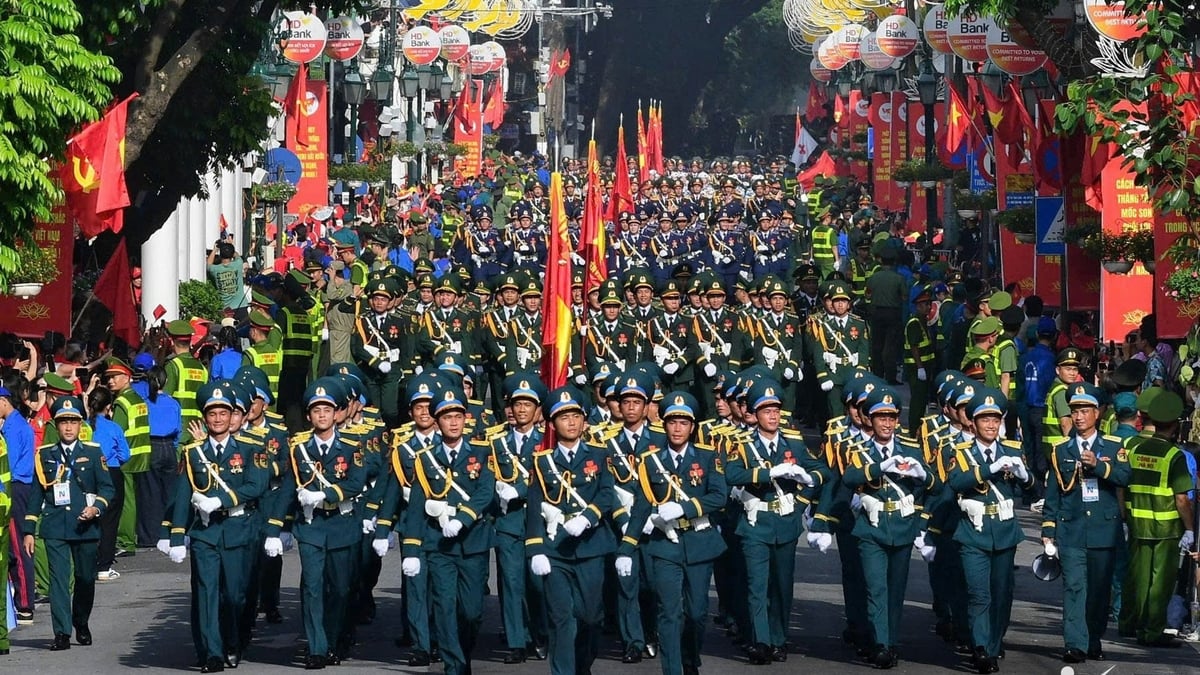
![[Photo] Lao President Thongloun Sisoulith and President of the Cambodian People's Party and President of the Cambodian Senate Hun Sen visit the 95th Anniversary Exhibition of the Party Flag Lighting the Way](https://vphoto.vietnam.vn/thumb/402x226/vietnam/resource/IMAGE/2025/9/2/3c1a640aa3c3495db1654d937d1471c8)

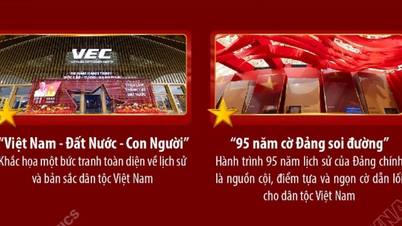
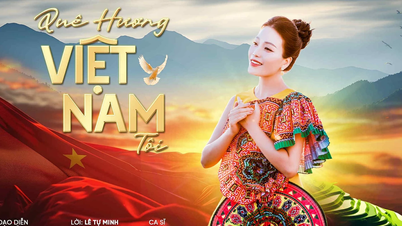
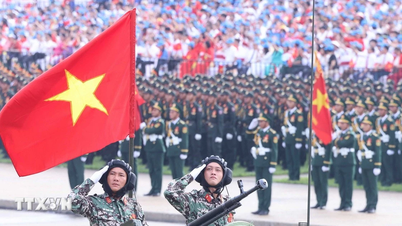
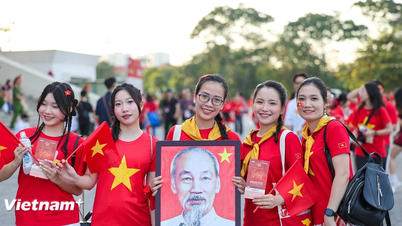
![[Photo] Special national art program “80 years of journey of Independence-Freedom-Happiness”](https://vphoto.vietnam.vn/thumb/402x226/vietnam/resource/IMAGE/2025/9/2/42dac4eb737045319da2d9dc32c095c0)
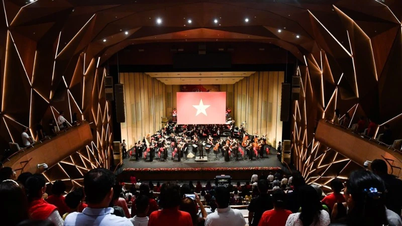
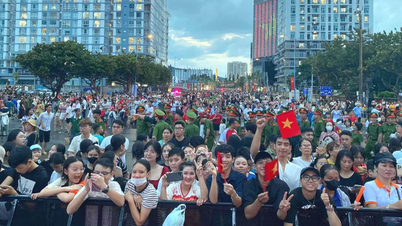

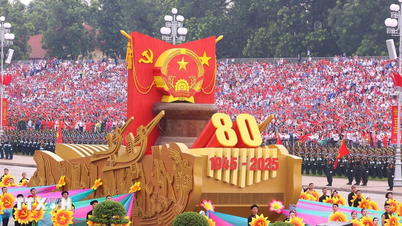
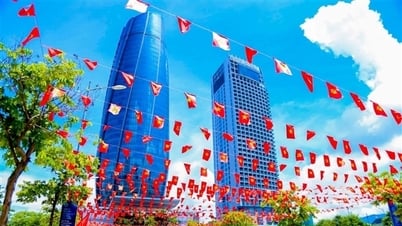

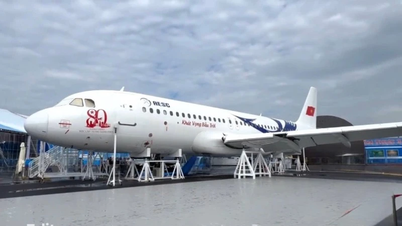
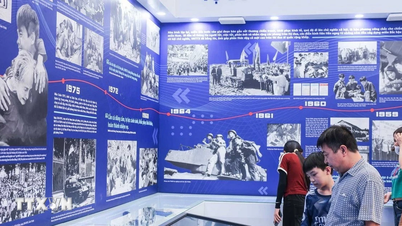



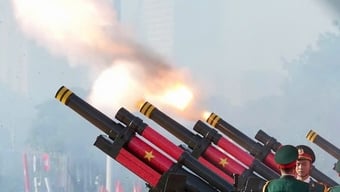
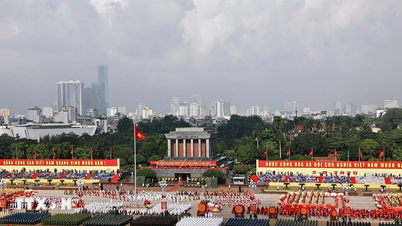
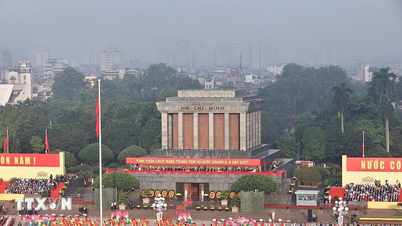




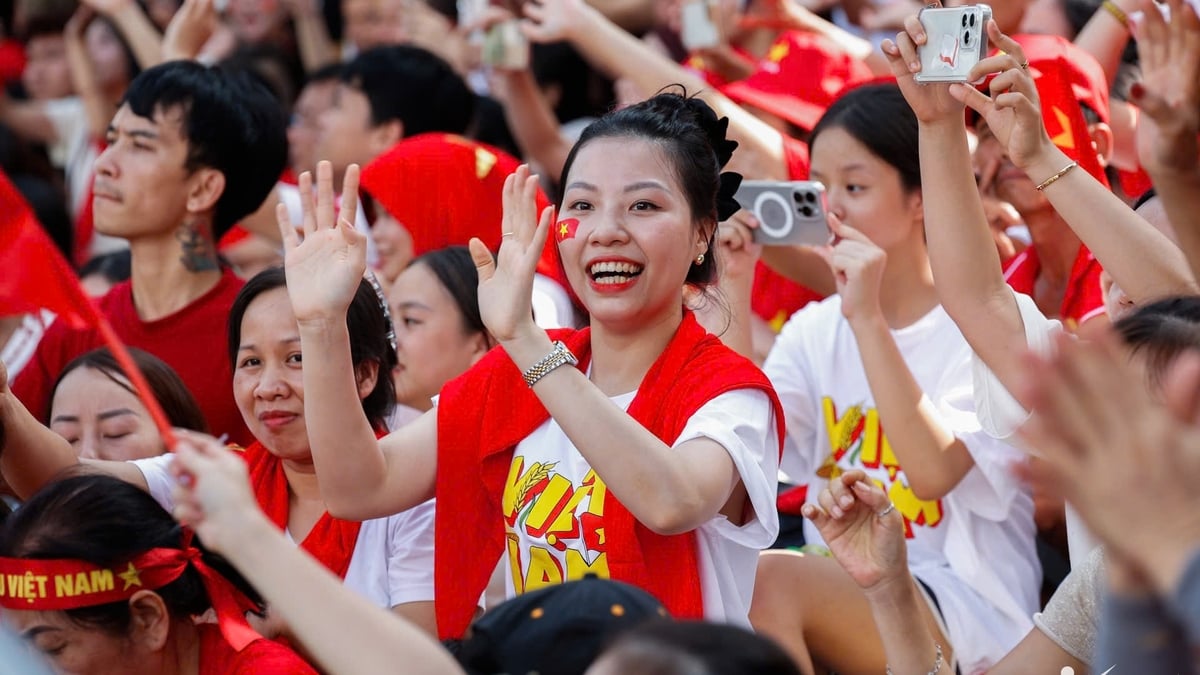
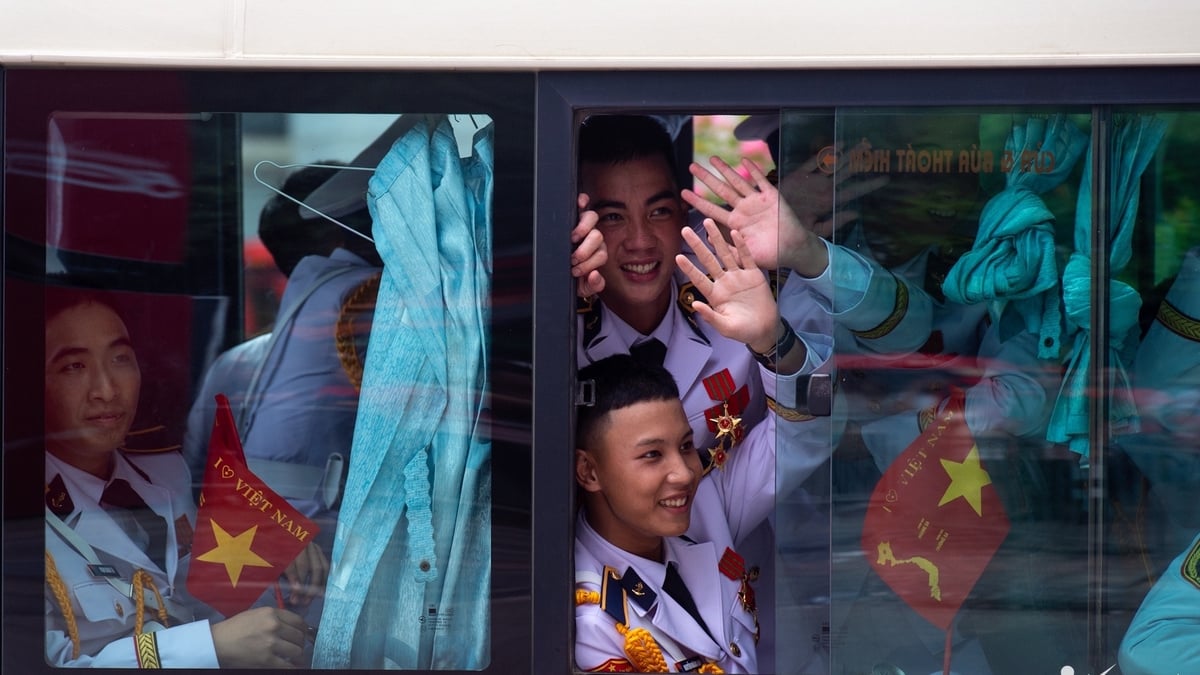







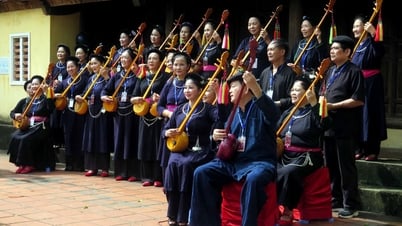

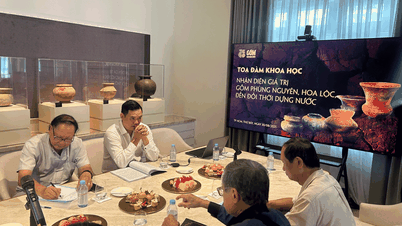

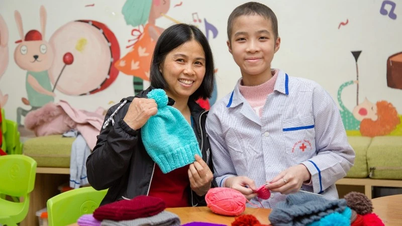
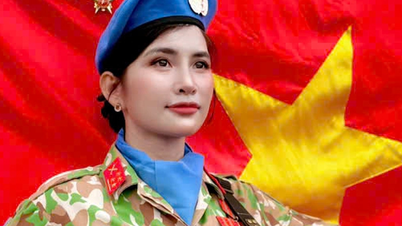



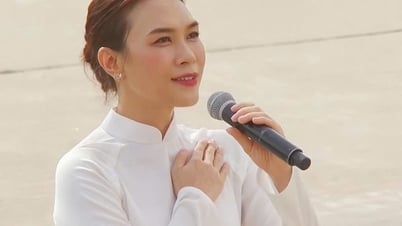



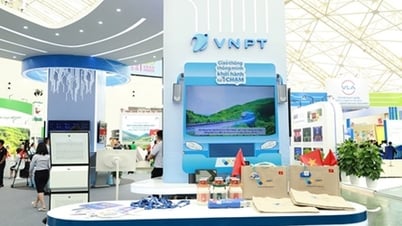







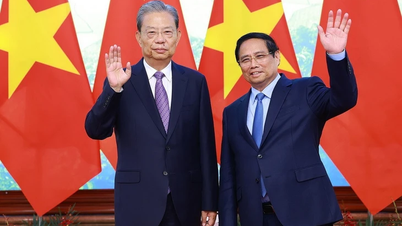
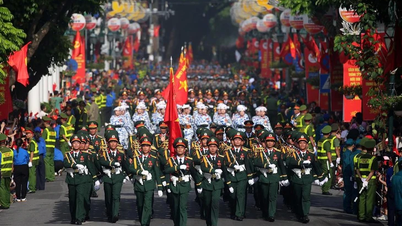
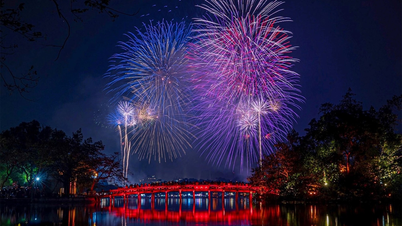
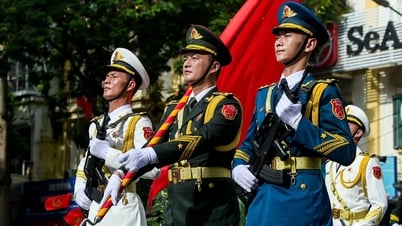


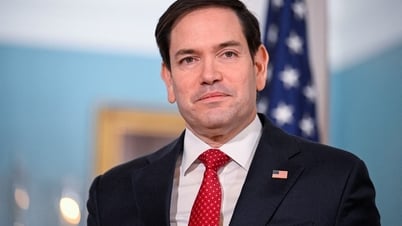



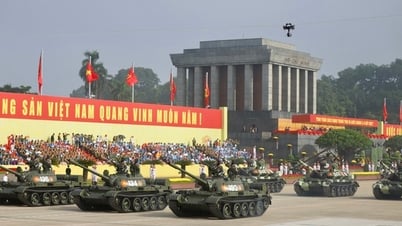
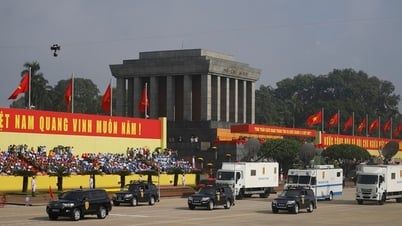

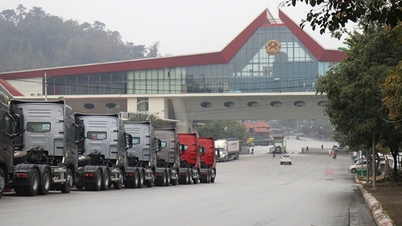

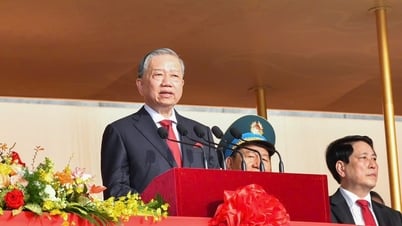

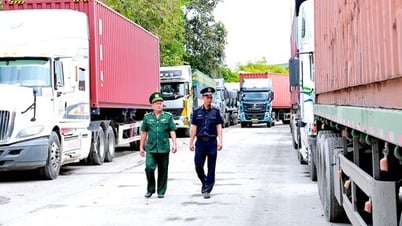

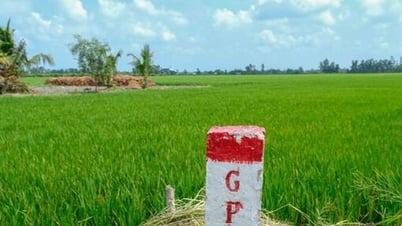

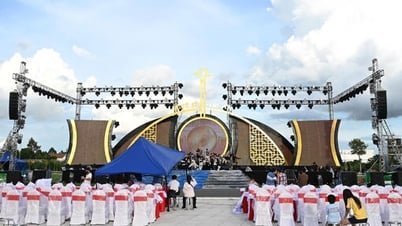
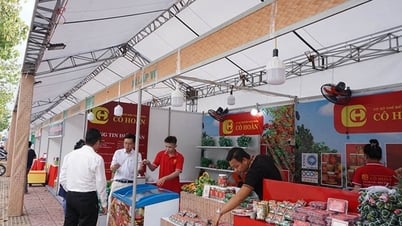

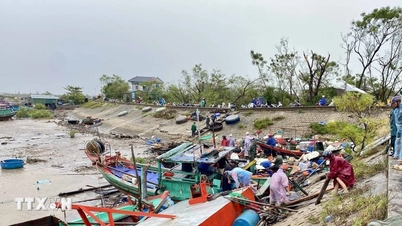



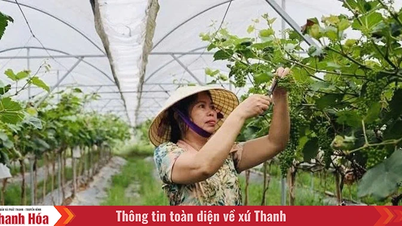

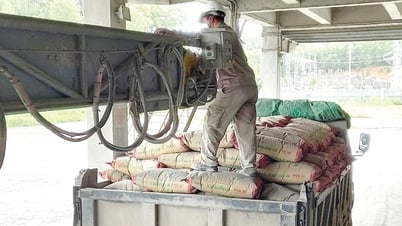

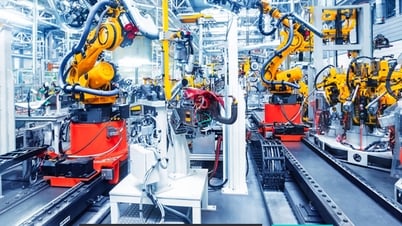

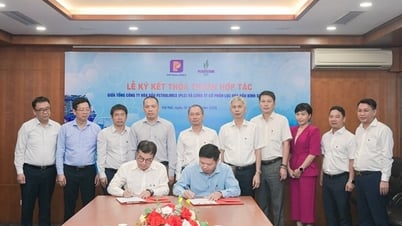

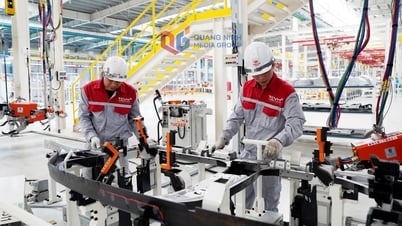




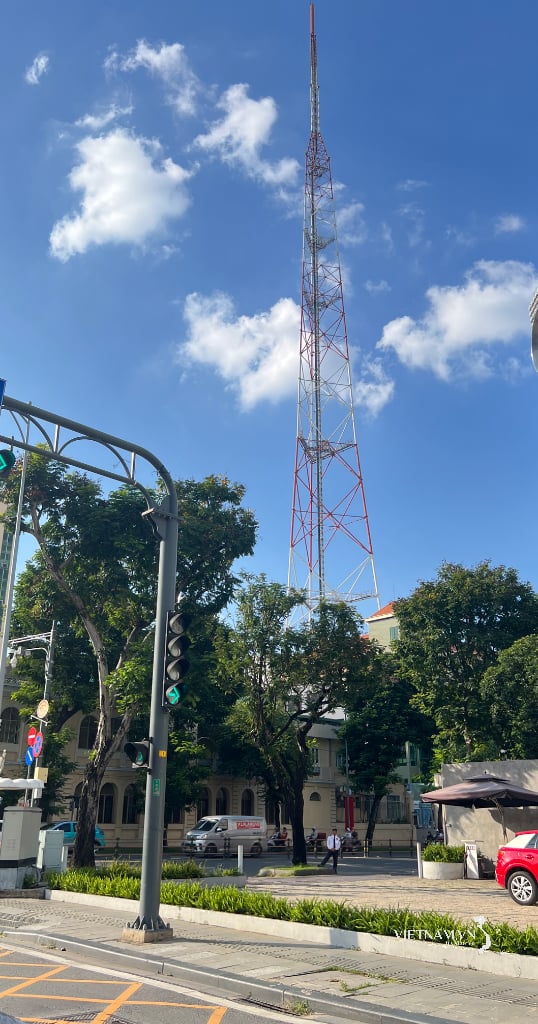
Comment (0)